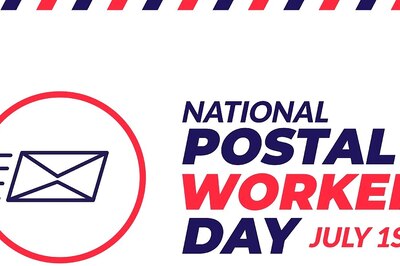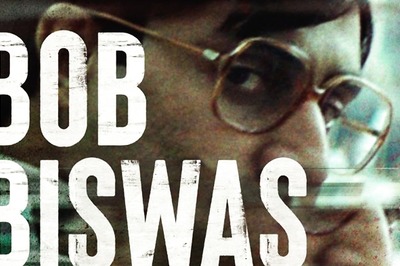
views
New Delhi: The Supreme Court on Friday fixed March 1 for hearing a plea filed by Uber challenging an appellate tribunal's order directing the CCI's Director General to probe allegations of predatory pricing alleged by Meru Cabs.
The hearing date was fixed by a bench comprising Justices Dipak Misra, R Banumathi and Mohan M Shantanagoudar after both the parties told the apex court that they have no objection if the matter is taken up for hearing on March 1.
On January 27, the apex court had ordered status quo on the probe by the Competition Commission of India (CCI) against Uber India Systems Pvt Ltd over predatory pricing allegations by Meru Cabs and had sought response from CCI in the matter.
Competition Appellate Tribunal (COMPAT) had on December 7 last year ordered fair trade watchdog CCI to probe afresh the alleged abuse of dominance by the popular taxi-hailing app operator.
The direction had came after Meru Travels Solutions had approached the tribunal against CCI's earlier decision against ordering an investigation into the allegations against Uber of unfair practices including predatory pricing.
The tribunal had directed CCI's probe unit Director General (DG) to conduct a fresh probe into the allegations of abuse of dominance and anti-competitive practices by Uber. It had also asked CCI to pass appropriate order on receipt of the investigation report after giving opportunity to all the parties to file their reply or objection and affording them opportunity of personal hearing.
Taxi-hailing apps like Uber and radio taxi service providers such as Meru are locked in a stiff competition across the country. Earlier too, there have been allegations and counter-allegations by the two sides.
As per the complaint, Uber had allegedly resorted to many practices with the sole intent to establish its monopoly and eliminate otherwise equally efficient competitors from the market by way of discounts and incentives.
It was alleged that Uber is spending about USD 885 million to generate a revenue of USD 415 million.
CCI in February last year had rejected Meru's complaint, saying inability of the existing players to match the innovative technology of any player or the model created for operating in a particular industry cannot be said to be creating entry barriers in itself.




















Comments
0 comment